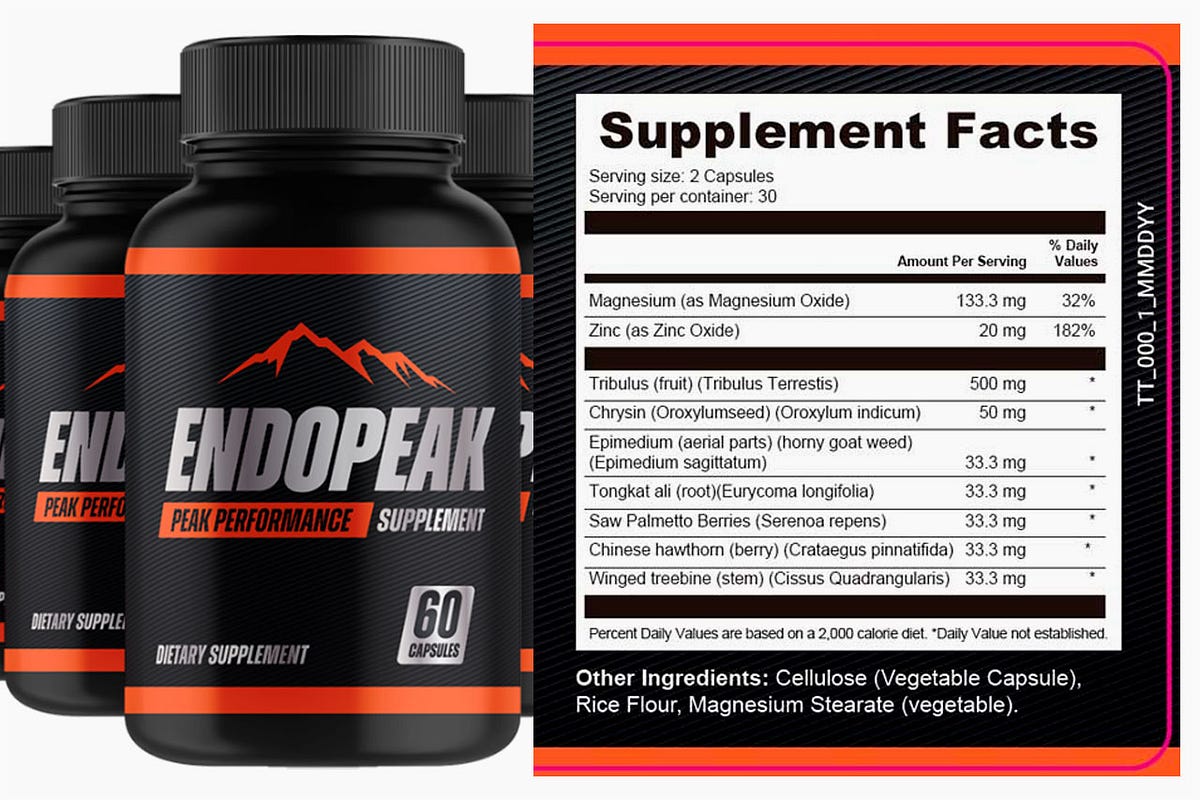Empowering Professionals: Unlocking Memory Potential through Proven Techniques
$59.00
Unlock Your Memory Power: Discover Proven Techniques for Professionals to Enhance Memory, Productivity, and Success
Description
Memory Improvement Techniques for Professionals: A Comprehensive Guide
Introduction
In today’s competitive business landscape, professionals are required to retain and process vast amounts of information. Enhancing memory capacity and retrieval skills is essential for career success. This article presents a comprehensive review of evidence-based memory improvement techniques, empowering professionals to optimize their cognitive performance.
H2: Chunking and Organization
Chunking
Chunking involves breaking down large pieces of information into smaller, manageable chunks. This improves memory recall because our brains can process and store chunks more effectively. For example, instead of trying to memorize a 10-digit phone number, break it into three chunks: (555) 123-4567.
Organization
Organizing information into logical structures, such as categories or hierarchies, aids in memory retention. For instance, instead of randomly memorizing a list of names, group them by profession, age, or other meaningful criteria.
H2: Mnemonics and Memory Aids
Mnemonics
Mnemonics are memory devices that help us remember information in creative and memorable ways. Common mnemonics include:
- Acronyms: Creating a word or phrase from the first letters of each item to remember (e.g., HOMES for the Great Lakes)
- Rhymes and Songs: Putting information into a catchy rhyme or song makes it more memorable
- Imagery: Creating visual images or mental pictures of the information to be remembered
- Spaced Repetition: Regularly reviewing material over increasing intervals to strengthen memory
H3: Active Recall and Retrieval
Active Recall
Active recall involves actively trying to retrieve information from memory, rather than passively reading or rereading. This forces the brain to work harder, which improves retention. Use techniques such as:
- Flashcards: Writing down information on one side and the answer on the other
- Self-Quizzing: Regularly testing yourself on the material you want to memorize
- Retrieval Practice: Attempting to recall information without looking at notes or other cues
H3: Spaced Repetition
Spaced Repetition
Spaced repetition is a technique where information is reviewed at increasing intervals over time. This helps to strengthen memory and reduce forgetting. Use tools such as:
- Anki: A spaced repetition software that helps you schedule review sessions
- Leitner System: A physical card system where cards are reviewed at progressively longer intervals
H2: Lifestyle Factors
Sleep
Getting enough sleep is crucial for memory consolidation, the process by which short-term memories are transformed into long-term memories. Aim for 7-9 hours of quality sleep per night.
Exercise
Regular exercise promotes brain health and improves cognitive function, including memory. Engage in at least 150 minutes of moderate-intensity exercise or 75 minutes of vigorous-intensity exercise per week.
Nutrition
A healthy diet supports overall brain health and memory. Include foods rich in omega-3 fatty acids, antioxidants, and vitamin B12 in your diet.
H2: Other Techniques
Visualization
Create mental images or visual representations of the information you want to remember. This engages different parts of the brain and enhances memory.
Sensory Memory Aids
Use visual cues like color-coding, sticky notes, or flashcards to create sensory associations and improve recall.
Review and Repetition
Regularly reviewing material at spaced intervals reinforces memories and helps prevent forgetting.
H2: Conclusion
Memory improvement techniques are invaluable tools for professionals who need to enhance their cognitive performance. By implementing these strategies, such as chunking, mnemonics, active recall, spaced repetition, and lifestyle modifications, individuals can significantly boost their memory capacity and retrieval skills. Remember that consistency and perseverance are key to maximizing the benefits of these techniques. Embrace continuous learning and cognitive improvement to thrive in today’s demanding professional environments.





